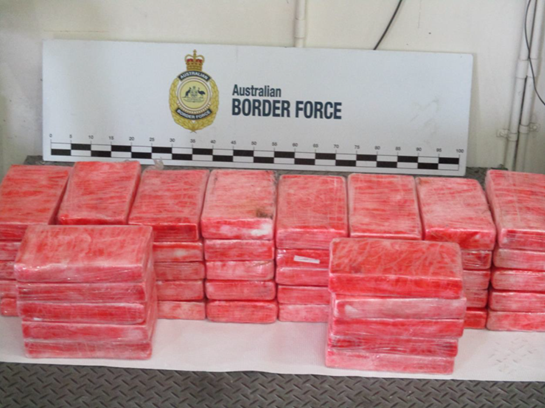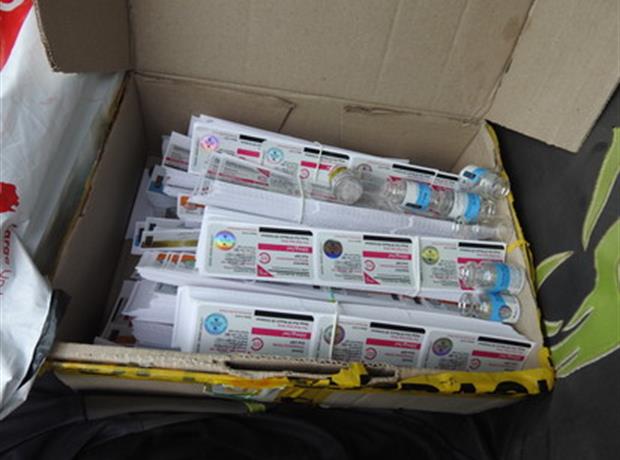Lowest Price Guarantee
As a specialist brokerage our pricing is highly competitive, but rest
assured if you find a cheaper comparative quote - We’ll beat any price by 10%
step 1 - Select your import method

What It Costs
 Our Professional Fees
Our Professional Fees
 FedEx & Dept. of Agriculture Fees
FedEx & Dept. of Agriculture Fees
Customs Duty/GST is not payable on Personal Effects, providing they have been owned and used overseers for a
period of 12mth proceeding the owner’s arrival in Australia. Goods less than 12mths old are Duty/GST payable.
*Excludes additional classified lines and 1.5% c/card surcharge applicable to all fees. FedEx and Professional Fees exclude GST.
What It Costs
 Customs Clearance Options
Customs Clearance Options
- 24hr Standard Service | $70
- 3hr Priority Service | $120
All brokers are not the same. Our job is to
work the legislation in your favour, and
there’s many avenues to do this.
 Customs & Government Fees
Customs & Government Fees
- 5% Customs Duty + 10% GST
- $50 Processing/Gov. Entry Fee
Duty and/or GST exemptions may apply.
We clear over 83% of imports (12mth avg.)
with zero duty and/or GST applicable goods.
*Excludes additional classified lines and 1.5% c/card surcharge applicable to all fees. Customs Clearance excludes GST.
What It Costs
 Our Professional Fees | $150
Our Professional Fees | $150
All brokers are not the same. Our job is to work the
legislation in your favour, and there’s many avenues.
We clear over 83% of imports (12mth avg.) with zero
duty and/or GST applicable goods.
 Customs & Government Fees
Customs & Government Fees
Airline Air Waybills (Direct Master AWB)
Import Terminal Fee: $0.528/kg (Min $52.80)
Import Document Fee: $53.90
Total Cost: $107.79 (Qantas rates ≤ 100kgs)
Freight Forwarder Air Waybills (Comsolidated)
All freight forwarders have individual pricing,
typically 3-4 times the Airlines fees listed above.
Total Cost: $300-$400 (avg. for ≤ 100kgs)
*Excludes additional classified lines and 1.5% c/card surcharge applicable to all fees. Customs Clearance excludes GST.
Need detailed import clearance info?
For goods valued over AUD
1,000 that have been sent
via the origin country’s
postal system (e.g. USPS).
If you have one of these
consignments you will have
received a 13-digit tracking
number from the sender
and/or a customs letter in
the mail.
Where goods have been
consigned from the origin
either directly with the
airlines or via a freight
forwarder at the origin.
If you have a direct air
freight consignment you will
have received an Air Waybill
from either your supplier or
freight forwarder.
For FedEx shipments that
contain “personal effects”,
which are goods that you’ve
owned and used overseas
for a period of 12mths or
more prior to your arrival in
Australia.
If you have one of these,
FedEx will have notified you
to contact an external broker
to clear your goods.

















